What we can learn from Coricraft’s furniture manufacturing localisation drive

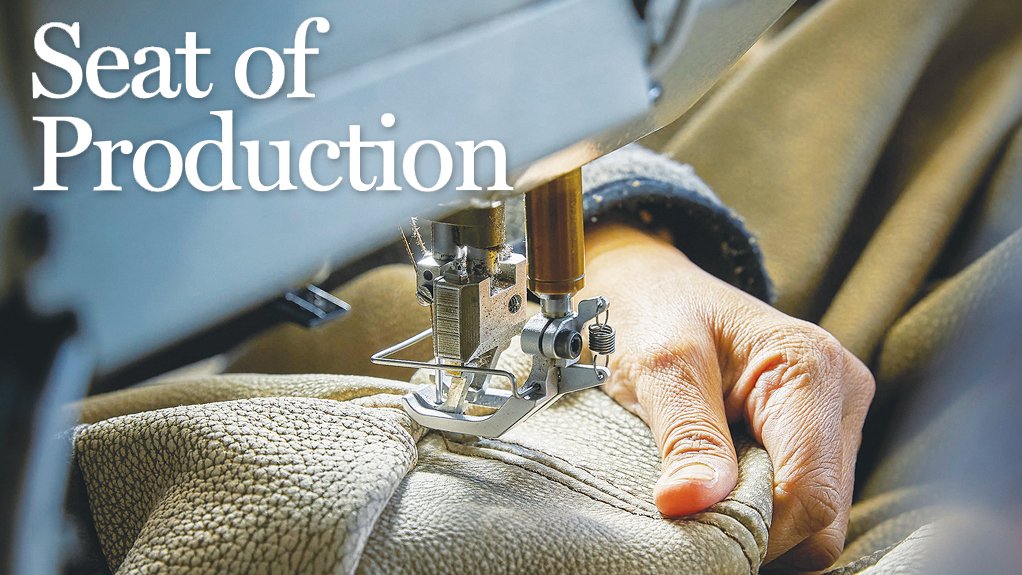
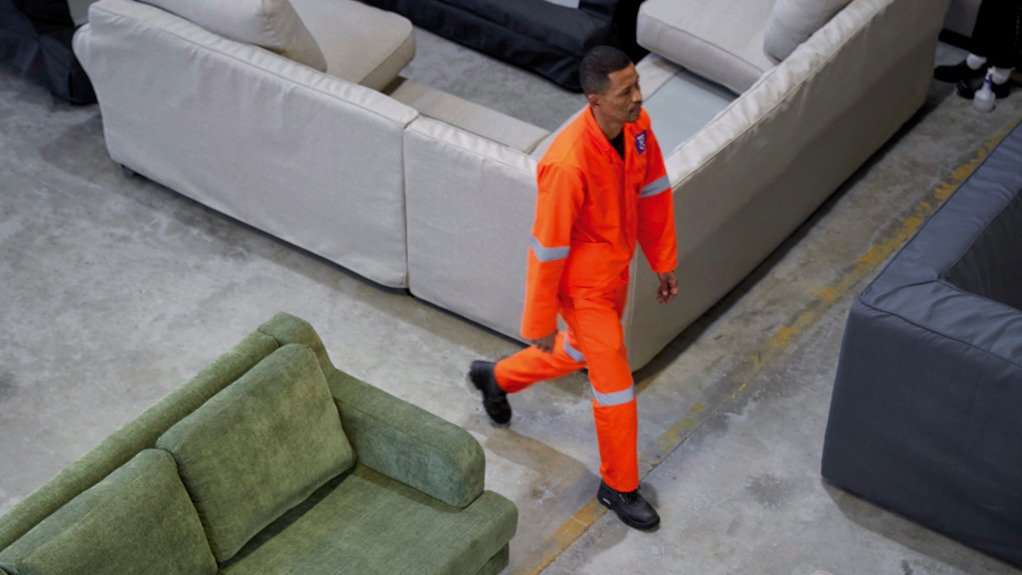

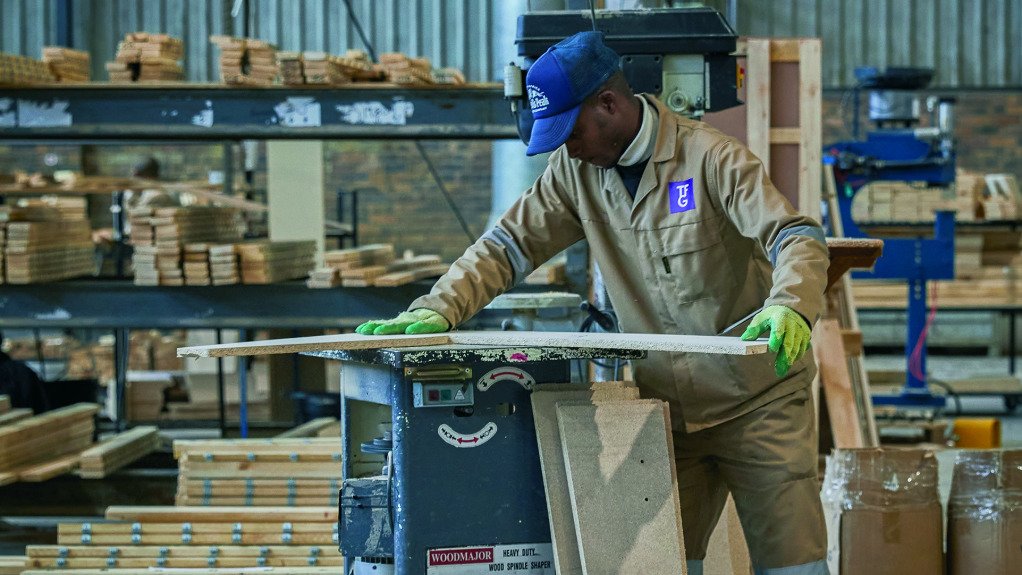
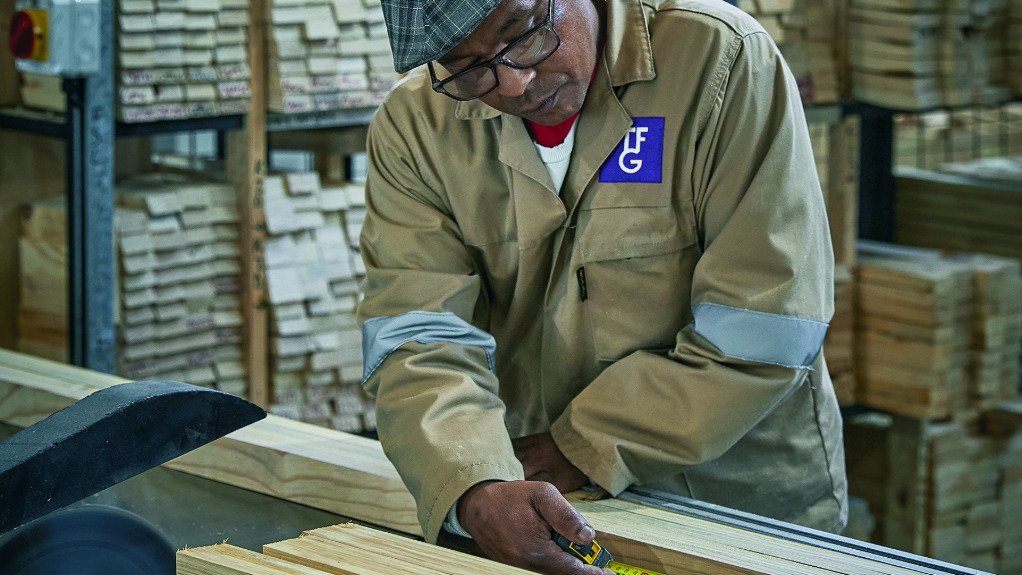
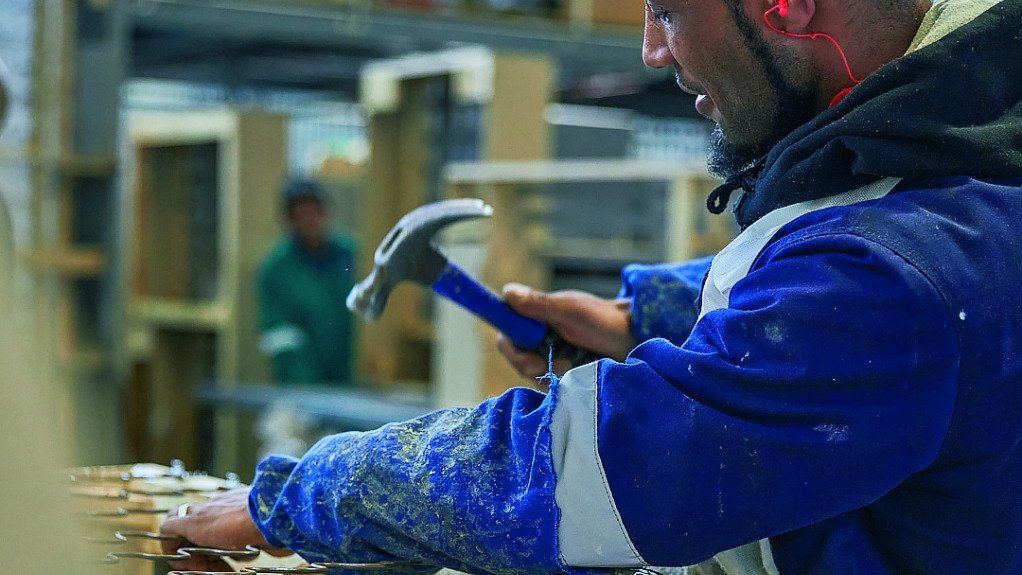
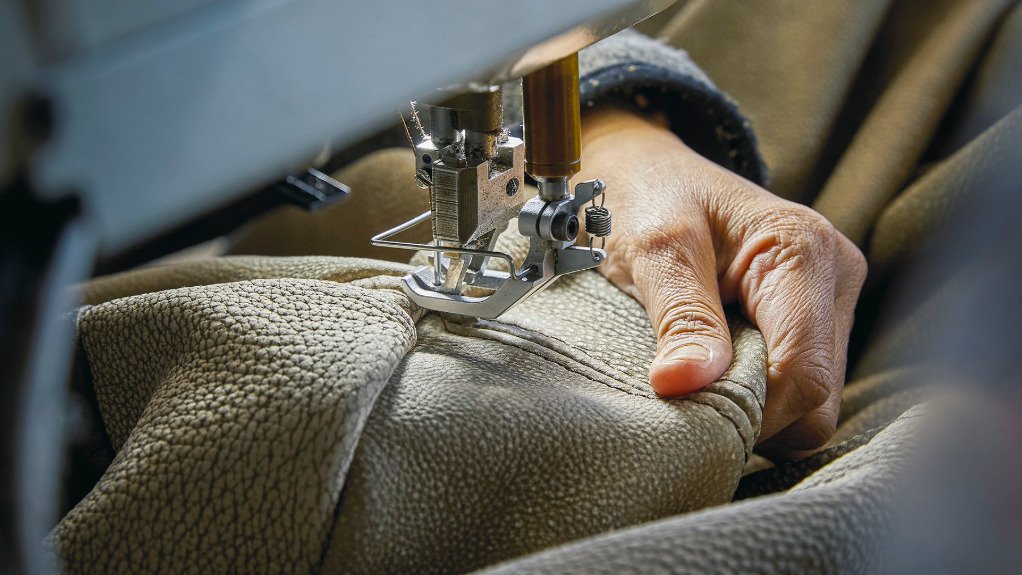
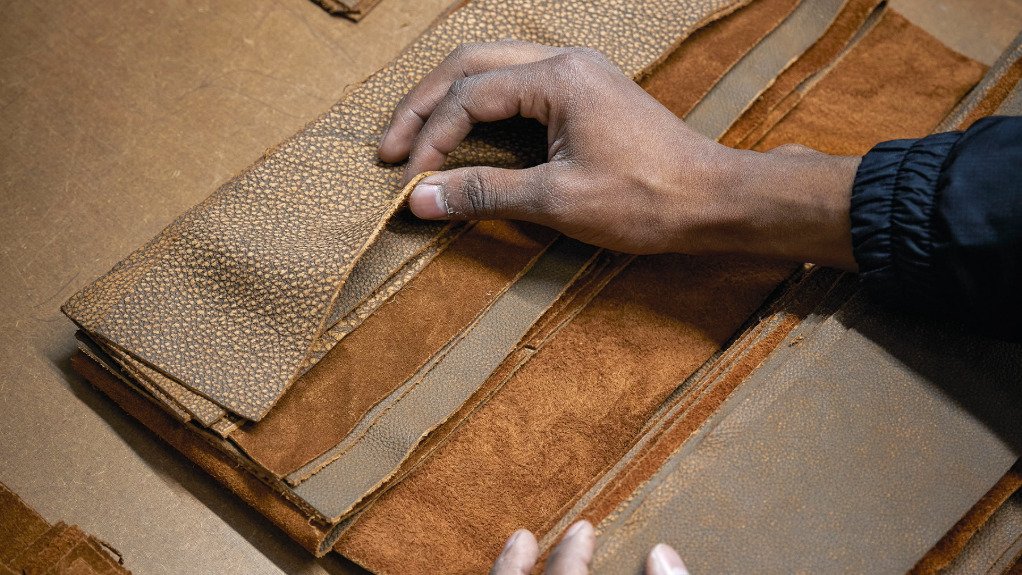
MADE AT HOME Coricraft replaced about R79.59-million in imported furniture with locally manufactured goods between 2024 and 2025
IRSHAAD KATHRADA There’s an opportunity through furniture to bring in a lot of jobs in different parts of the economy
HANNES VAN HEERDEN The localisation of Coricraft's manufacturing capability has reduced furniture imports
LEAN MANUFACTURING The localisation drive was built around lean manufacturing principles, a systematic approach to improving operational efficiency
CONTINUOUS IMPROVEMENT Staff were trained to interpret performance metrics and participate in continuous improvement initiatives
PULL SYSTEM The factory implemented a pull system, in which products are manufactured to meet only actual demand rather than in anticipation of orders.
SOWING ACCOUNTABILITY Daily performance dashboards and accountability routines provided real-time visibility into production metrics
KNOCK-ON EFFECT Furniture manufacturing has a higher multiplier, creating numerous jobs throughout the supply chain
South African manufacturing is in dire need of revitalised localisation. Statistics South Africa has recorded a steady decline for years, with the slide reaching 1.5% year-on-year in August, up from a 0.7% decrease in July – reflecting a loss of more than 500 000 jobs since 2014 and a shrinkage of about 5% in economic value since the fourth quarter of 2019.
This decline is evident in job losses – particularly in sectors such as textiles and clothing manufacturing – and the value of manufacturing output, which remains weak, owing to factors such as low domestic and export demand, as well as logistical challenges.
The industry’s struggle is being compounded by energy constraints, supply chain disruptions, high input costs, a volatile currency, policy uncertainty and declining global competitiveness.
In this context of contraction, job losses, falling output and rising global protectionism, the case for localisation of manufacturing has become stronger, as it promises to deliver strengthened domestic production, upward supply chain links, reduced import dependence and improved resilience.
However, according to Localisation Support Fund (LSF) CEO Irshaad Kathrada, local manufacturers aiming to expand production require technical support and structured project management.
He notes that, even with strong intent, companies cannot achieve meaningful progress in localisation without systematic guidance, implementation oversight and ongoing operational discipline.
These observations were particularly relevant to Coricraft, which replaced about R79.59-million in imported furniture with locally manufactured goods between the second quarter of 2024 and the same period in 2025. This localisation initiative at the company’s Epping factory, in Cape Town, created 23 new jobs and shifted the production of 5 000 units to domestic manufacturing.
Over the same period, the factory recorded a 38% improvement in sewing efficiency and an 8.3% increase in overall factory performance, which were critical in helping to make localisation economically viable.
“We found that furniture had a higher multiplier – nearly twice as much as the second-best industry – which itself was already leagues above some of the others. So, there’s an opportunity through furniture to bring in a lot of jobs in different parts of the economy, responding to what customers need, both in South Africa and, increasingly, abroad,” Kathadra says.
The localisation programme, implemented in partnership with the LSF and industrial engineers from Dizani Consulting, is a valuable case study for other manufacturers on how to implement a localisation strategy successfully.
Lean Manufacturing
The drive was built around lean manufacturing principles, a systematic approach to improving operational efficiency by reducing waste and aligning production with demand.
Lean manufacturing begins with detailed time-and-motion studies, which record the time required for every task and identify processes that add little or no value. These studies enable managers to redesign workflows to eliminate inefficiencies, optimise staff movements and reorganise workstations for smoother material handling.
The standardisation of processes is another core element of lean manufacturing. At Coricraft, this meant creating repeatable production steps, ensuring consistency across shifts and reducing errors caused by variability in methods.
The factory also implemented a pull system, in which products are manufactured to meet only actual demand rather than in anticipation of orders. This approach limited excess inventory, reduced storage costs and ensured that production aligned more closely with actual sales figures.
Physical layout optimisation further improved efficiency by facilitating the smooth movement of materials and reducing bottlenecks in production.
“A lot of the @Home furniture was imported in the past, brought in containers. We wanted to stop the containers by increasing the manufacturing capacity within the existing Coricraft facility. Now, we can make those products at the Coricraft plant,” Dizani Consulting CEO Hannes van Heerden explains.
Daily performance dashboards and accountability routines provided real-time visibility into production metrics, enabling supervisors to identify issues quickly and implement corrective measures. Staff were trained to interpret these metrics and participate in continuous improvement initiatives, embedding a culture of efficiency and problem-solving throughout the factory. Collectively, these measures increased overall factory efficiency from 36% in 2022 to 50% in May 2025.
“By producing more locally at Coricraft, we are securing jobs, strengthening suppliers and proving that South African manufacturing can compete at scale,” Coricraft and TFG Home group director Shani Naidoo says.
The programme was also underpinned by careful planning and continuous adaptation. The process began with the establishment of a steering committee, comprising consultants, LSF representatives and Coricraft management, which met monthly to review progress, identify obstacles and adjust plans as necessary.
Implementation started with foundational lean tools, beginning with training, ensuring all employees understood the principles and objectives of lean manufacturing. The programme applied the 5S methodology – sorting, organising, cleaning, standardising and sustaining – which was used to maintain a clean, structured and efficient workspace to support consistent output and to reduce the risk of errors or delays.
The TIMWOODS framework – transportation, inventory, motion, waiting, overproduction, overprocessing, defects and skills – was also used to identify and reduce process wastes.
These routines reinforced accountability and facilitated continuous improvement, enabling the factory to adjust operations dynamically in response to market conditions and in-house performance data.
The initiative has also affected upstream industries, with much of the timber, board and foam used in Coricraft’s upholstered furniture now sourced domestically.
Kathrada says the programme illustrated how localisation can stimulate employment and strengthen supply chains.
“The Coricraft initiative is a powerful demonstration of the impact localisation can have on jobs and growth in South Africa. By embedding lean principles and localising production, we’ve not only secured opportunities within the Epping factory but also supported dozens of suppliers and ancillary industries across the country.”
He also highlights the broader economic impact of manufacturing.
“For every one manufacturing job you create, you create four other jobs throughout the economy – that’s up and down the supply chain, that’s in ancillary industries. It’s one of the highest jobs multipliers you’ll find.”
While Kathrada admits that not all products can be manufactured domestically, he notes that shortening supply chains can improve operational resilience.
“Beyond the developmental point, there’s also a commercial and business case for localising. Through localisation, we can create more agile businesses. We can shorten those supply chains. We can reduce fluctuations caused by currency volatility. We can reduce lead times caused by port delays and having to get in line with different manufacturers around the world.”
However, Kathrada cautions that technical support and project management are essential. Without systematic guidance, companies cannot fully realise the potential of localisation. He cites the clothing industry as an example, where low-cost imports have eroded 8 000 jobs, with a potential 35 000 more jobs at risk by the end of the decade.
He believes that there are similar pressures in the furniture industry and other consumer goods sectors.
The localisation drive aligns with the Furniture Industry Master Plan – adopted in 2021 by the Department of Trade, Industry and Competition, and the South African Furniture Initiative (SAFI) – which aims to improve competitiveness in the domestic furniture sector.
TFG CEO Anthony Thunström says the group has integrated similar localisation strategies across its brands, including @Home: “This shows TFG’s commitment to world-class local manufacturing that creates jobs, builds resilience and reduces reliance on imports”.
SAFI CEO Greg Boulle describes the Coricraft programme as a model for other manufacturers.
“Coricraft’s lean manufacturing transformation proves that every furniture manufacturer in South Africa can dramatically improve [its] . . . competitiveness – regardless of size. By embracing lean principles and fostering a culture of continuous improvement, manufacturers can slash production costs, maximise returns on their investments and go head-to-head with cheap imports.”
The Coricraft initiative is expected to expand to additional product ranges, and further collaboration with local suppliers is planned.
LSF Agenda
The LSF operates across multiple sectors to strengthen domestic manufacturing and industrial capacity. In infrastructure, it works with State-owned utilities, such as Eskom and the National Transmission Company, on transmission and distribution projects while applying similar efforts to rail, logistics and water infrastructure.
In industrial sectors, the LSF has supported the local production of chemicals, clothing and fast-moving consumer goods, partnering with companies such as Coca-Cola, PepsiCo, Tiger Brands and Rhodes Food to increase domestic sourcing of raw materials and packaging.
The fund is also active in green transition industries, including localisation in green hydrogen, vanadium supply chains and battery technologies, as well as machinery, electrical components and medical devices, in alignment with national industrial master plans.
Kathrada says the LSF’s activities are designed to support measurable outcomes in terms of industrial capacity, employment and supply chain resilience.
“We don’t do it out of the goodness of our hearts. We do it because we believe that, through it, we’ll see industrial uplift. We’ll see jobs. We’ll see how supply chains can be catalysed.”
Furniture manufacturing remains a key focus area for the LSF, with projects such as Coricraft’s demonstrating the measurable impact of localisation on production efficiency, domestic sourcing and employment.
PO QUOTE
Local manufacturers aiming to expand production require technical support and structured project management – Irshaad Kathrada
Article Enquiry
Email Article
Save Article
Feedback
To advertise email advertising@creamermedia.co.za or click here
Press Office
Announcements
What's On
Subscribe to improve your user experience...
Option 1 (equivalent of R125 a month):
Receive a weekly copy of Creamer Media's Engineering News & Mining Weekly magazine
(print copy for those in South Africa and e-magazine for those outside of South Africa)
Receive daily email newsletters
Access to full search results
Access archive of magazine back copies
Access to Projects in Progress
Access to ONE Research Report of your choice in PDF format
Option 2 (equivalent of R375 a month):
All benefits from Option 1
PLUS
Access to Creamer Media's Research Channel Africa for ALL Research Reports, in PDF format, on various industrial and mining sectors
including Electricity; Water; Energy Transition; Hydrogen; Roads, Rail and Ports; Coal; Gold; Platinum; Battery Metals; etc.
Already a subscriber?
Forgotten your password?
Receive weekly copy of Creamer Media's Engineering News & Mining Weekly magazine (print copy for those in South Africa and e-magazine for those outside of South Africa)
➕
Recieve daily email newsletters
➕
Access to full search results
➕
Access archive of magazine back copies
➕
Access to Projects in Progress
➕
Access to ONE Research Report of your choice in PDF format
RESEARCH CHANNEL AFRICA
R4500 (equivalent of R375 a month)
SUBSCRIBEAll benefits from Option 1
➕
Access to Creamer Media's Research Channel Africa for ALL Research Reports on various industrial and mining sectors, in PDF format, including on:
Electricity
➕
Water
➕
Energy Transition
➕
Hydrogen
➕
Roads, Rail and Ports
➕
Coal
➕
Gold
➕
Platinum
➕
Battery Metals
➕
etc.
Receive all benefits from Option 1 or Option 2 delivered to numerous people at your company
➕
Multiple User names and Passwords for simultaneous log-ins
➕
Intranet integration access to all in your organisation
























